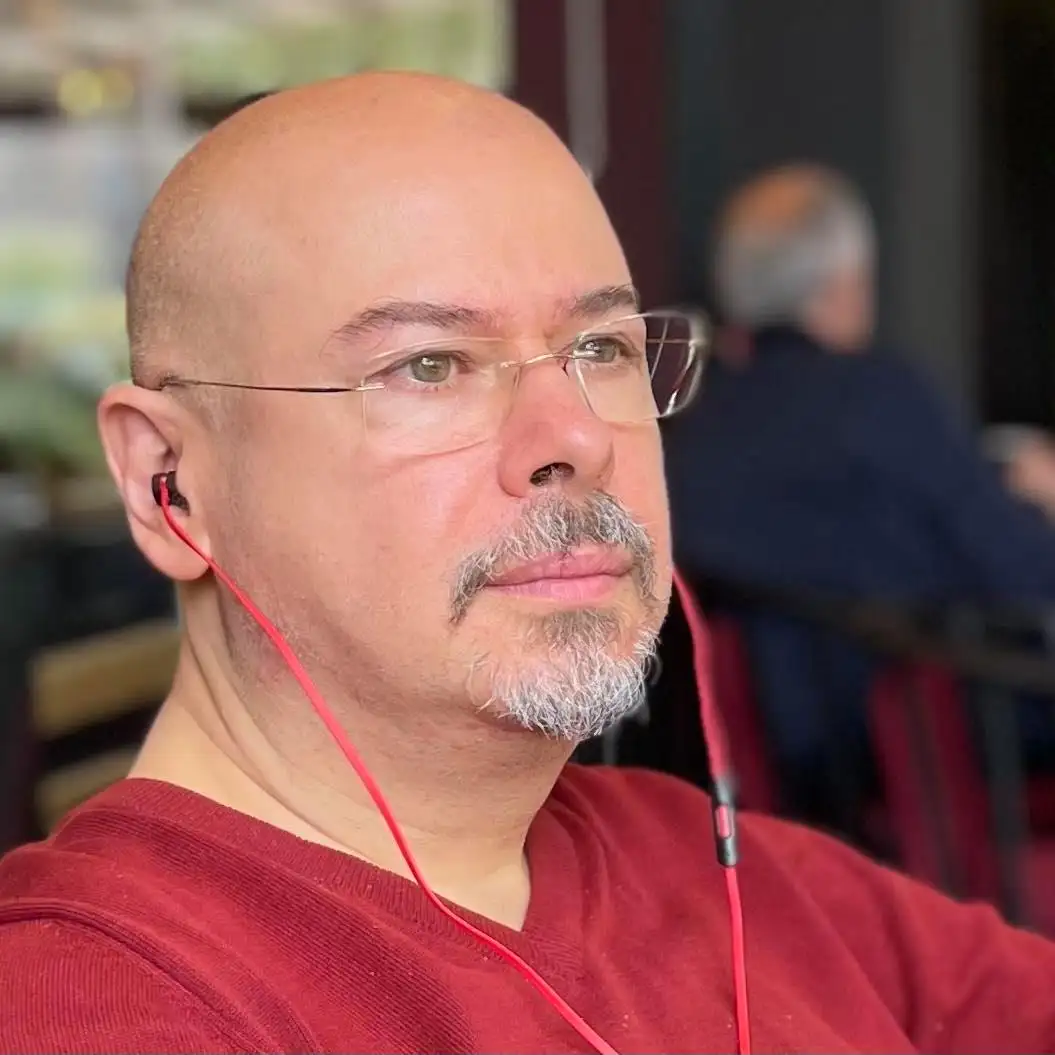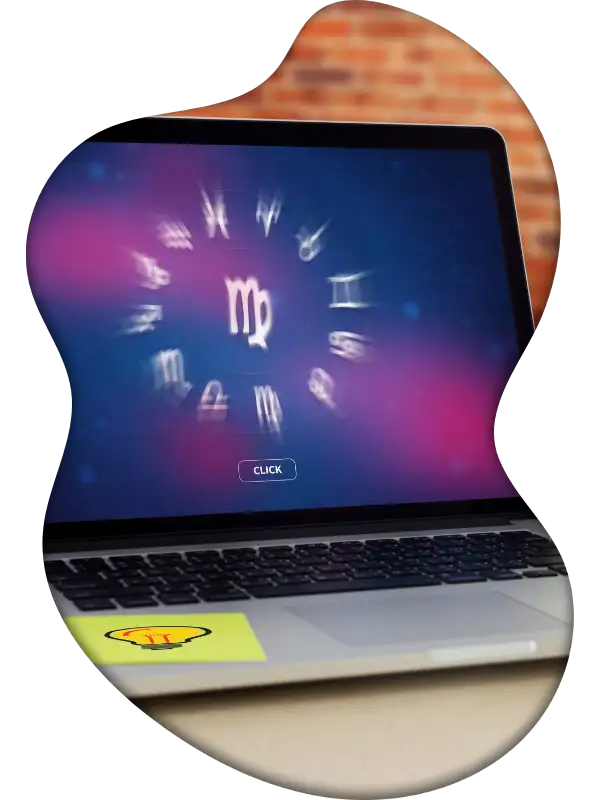In this article, I share the translation of my recent interview about astrology.
[toc]
Why Astrology?
Alexey, you have a scientific background. How did it happen that you took up astrology? It’s a field that uncovers destinies, provides guidance, and highlights strengths. It seems utterly unrelated to science. Why did you choose such an unusual specialty for a scientist?
What you’re describing has little to do with traditional astrology. This may surprise you, but astrology is a logical and mathematical discipline. It was taught at the best universities in Europe, specifically within mathematics departments. Astrology’s mathematical framework was developed to predict events.
For instance, at the University of Kraków1, the professor of the astrology department was required to make three public predictions: one for the dean’s office, another for the city council, and a third for the general public. All three predictions had to come true. If they didn’t, the professor would lose their position and salary.
As you can see, astrology is scientific in its nature. For me, as a former scientist, it’s quite comfortable to practice this profession.
Is Astrology Not a Way of Self-Discovery?
What you're saying sounds unusual. If it's true, why do so many astrologers perceive astrology as a tool for self-discovery and finding one's path?
The answer lies in history. In the 16th and 17th centuries, astrology became accessible to the masses thanks to the invention of the printing press. Popular astrological almanacs communicated the basics of astrology in simple terms to a broad audience, sparking tremendous interest among readers.
This demand created supply. To attract more people and make the scientific discipline as easy to grasp as possible, publishers began to simplify and even modify astrology to an unprecedented degree. By the early 20th century, branches like sun sign astrology and astro-psychology emerged, tailored for a mass audience.
People who gravitate toward this kind of "astrology" are usually inclined toward abstract-mystical rather than critical thinking, which has been scientifically confirmed2. For example, suppose a school of astrology claims Mercury's retrograde causes delays in communication worldwide. In that case, students will take it as an axiom without critically analyzing this absurd idea. Then, they strengthen their belief by selectively noticing any coincidences that seem to confirm this axiom.
The process continues like a chain reaction: such astrologers create their schools, blogs, or channels. They pass this distorted vision on to the next generation. Gradually, these widespread misconceptions become the norm.
It might seem like this is just my imagination. But look at the works of renowned astrologers such as Al-Qabisi, Regiomontanus, Copernicus, and Morinus. What will you find there? Mathematical formulas and techniques for event prediction. That’s the true essence of astrology. See for yourself.
What Disappoints You About Astrology?
Is there anything about astrology that disappoints you?
Modern astrology doesn’t appeal to me at all. Its claims rarely hold up to critical or experimental scrutiny. So, I never got the chance to be enchanted by it, let alone disappointed.
What truly frustrates me is the attitude of astrologers themselves. Many of them actively oppose astrological predictions.
This seems paradoxical. Astrology is literally built on mathematics and predictive methods. It involves house division systems, primary directions, and planetary revolution calculations. All these computations rely on spherical trigonometry, logarithms, and astronomical tables. Astrologers use these strict mathematical methods only to describe personality traits or general trends with vague statements while denying astrology’s precision.
It’s like someone using a computer solely for social media, denying its computational capabilities and the precise calculations it was designed for.
On the other hand, I am fascinated by astrology’s precision and the ability to verify it. You can predict the date of an event that will occur regardless of human will, down to the exact day, and then compare it with reality. For example, you can calculate the date money will arrive and observe how, on that exact day, the person receives a transfer to their account.
Inevitability and Free Will
If the future can be known with pinpoint accuracy, as you claim, isn’t that terrifying? Doesn’t it mean nothing can be changed? How can one live with that?
This is a common misconception. For example, if a person’s forecast indicates the date of a fatal car accident, it doesn’t mean they are destined to die on that day. Yes, by default, the flow of events will lead them toward danger.
However, if they are warned in advance, they can avoid the risk. For instance, they could decide not to drive that day and live another 10–15 years until the next “fatal” direction occurs. In this way, we can avert many accidents. This principle also applies to other areas: one can prevent financial losses, business failures, and much more.
The idea of inevitable fate, like in the movie Final Destination, is inaccurate. Practice proves the opposite: knowledge of potential dangers allows you to avoid them.
I’ve witnessed many such cases. This approach aligns with the ideas of my favorite astrologer and mathematician of the 17th century, Jean-Baptiste Morin. I even named my school in his honor.
About Learning Astrology
Tell us about your school.
I founded a school with a focus on 17th-century predictive techniques. We emphasize developing critical thinking, logical synthesis, and analytical skills—essential tools for an astrologer specializing in predictions. Most other schools take the opposite approach, fostering intuition and mystical thinking. However, this mindset undermines the accuracy of predictions based on rigorous mathematical techniques.
I aim to convey that event forecasting using astrology is a logical process. It's akin to playing chess.
What I enjoy most is seeing the results of our graduates. They've made hundreds of fulfilled predictions with day-level accuracy. Students begin with horary astrology, focusing on everyday event predictions. This forms the first part of the course.
In the second part of the course, they move on to forecasting key life events using natal charts. The full program lasts about a year, though it took 11 years to develop and refine. But it was worth it. In 2022, Dr. Michael Curtis of Course Marks reported that our course ranked among the top 4% of astrology courses worldwide. We've maintained this level of excellence ever since. Even the shorter version of our course has been in Udemy's top 10 for four years in a row.
The techniques we teach have undergone rigorous validation. We've eliminated anything that doesn't work in practice, leaving only proven methods. One such result has even been published in an academic journal.
If you're seeking precision in astrology, our school is the right place for you. We teach how to predict events with day-level accuracy—and sometimes even down to the hour.
-
Source: culture.pl. ↩
-
Lund University, Sweden, Even the Stars Think That I Am Superior: Personality, Intelligence, and Belief in Astrology. ↩


